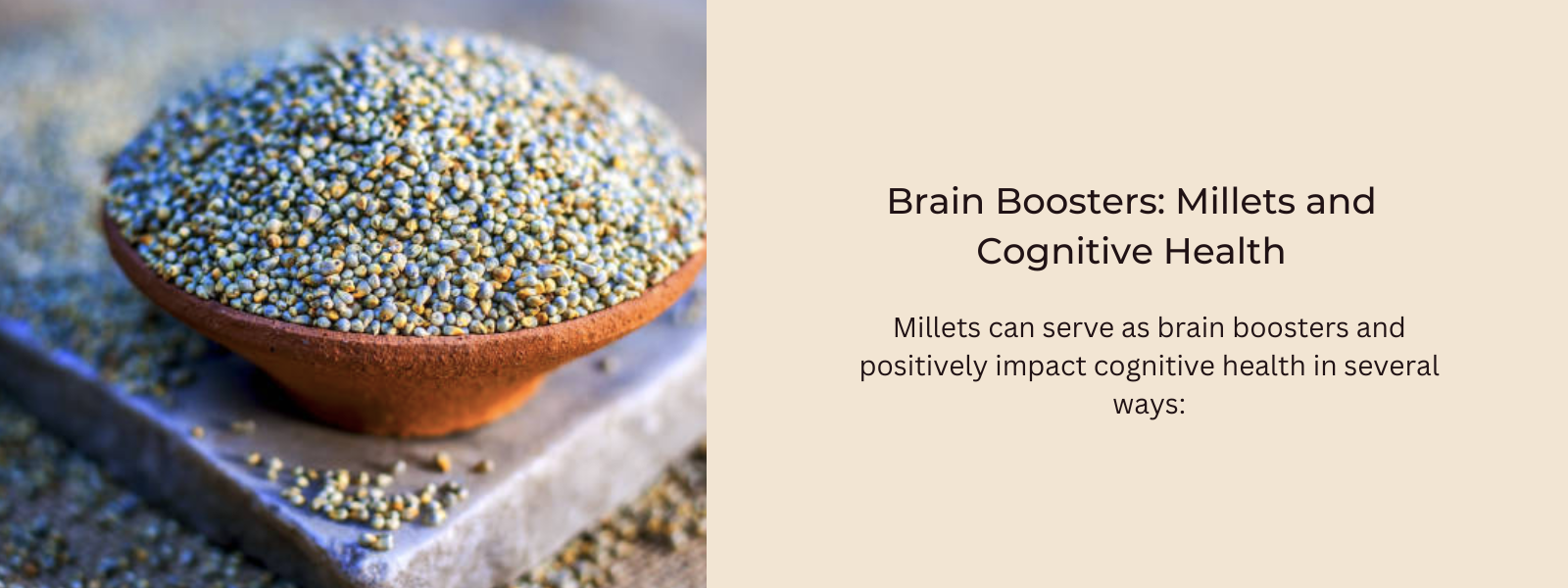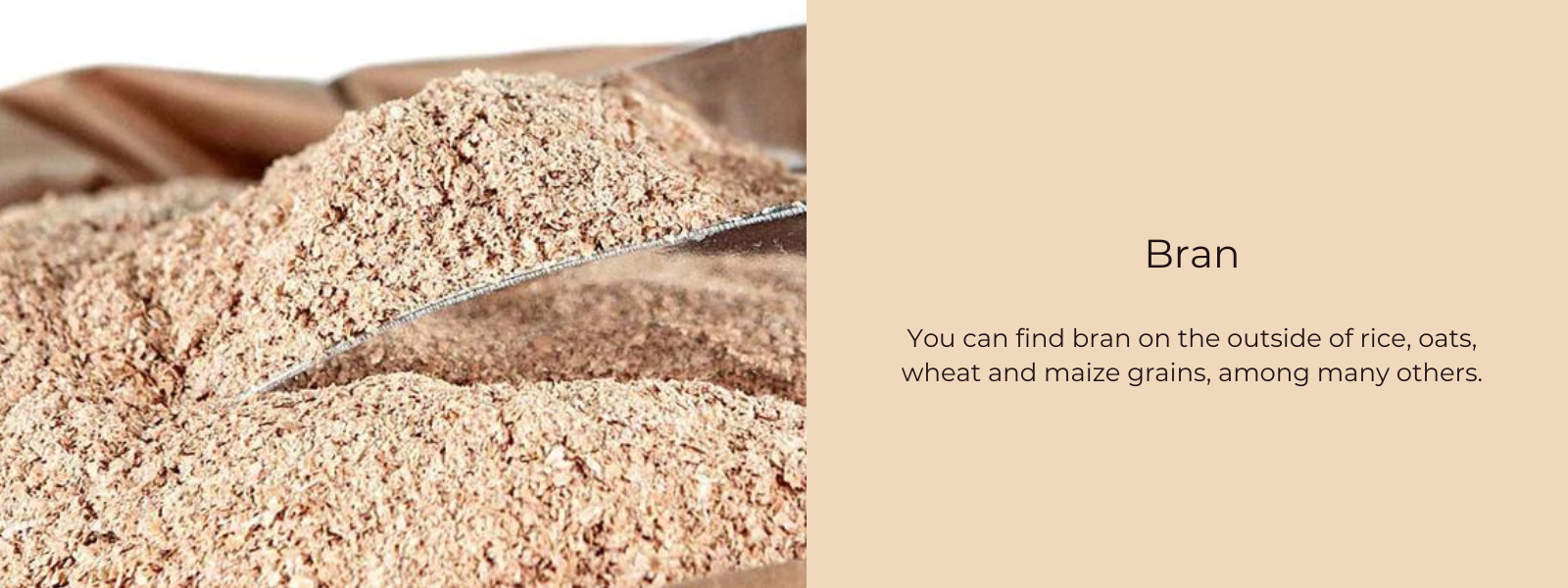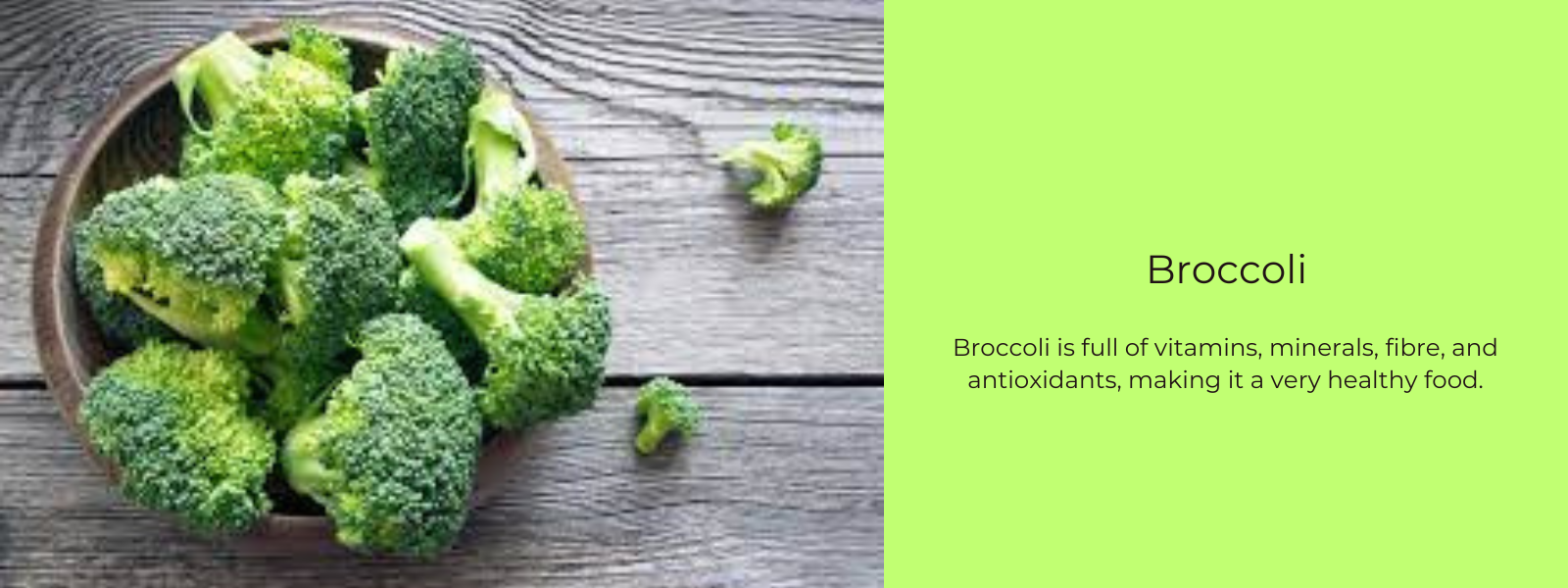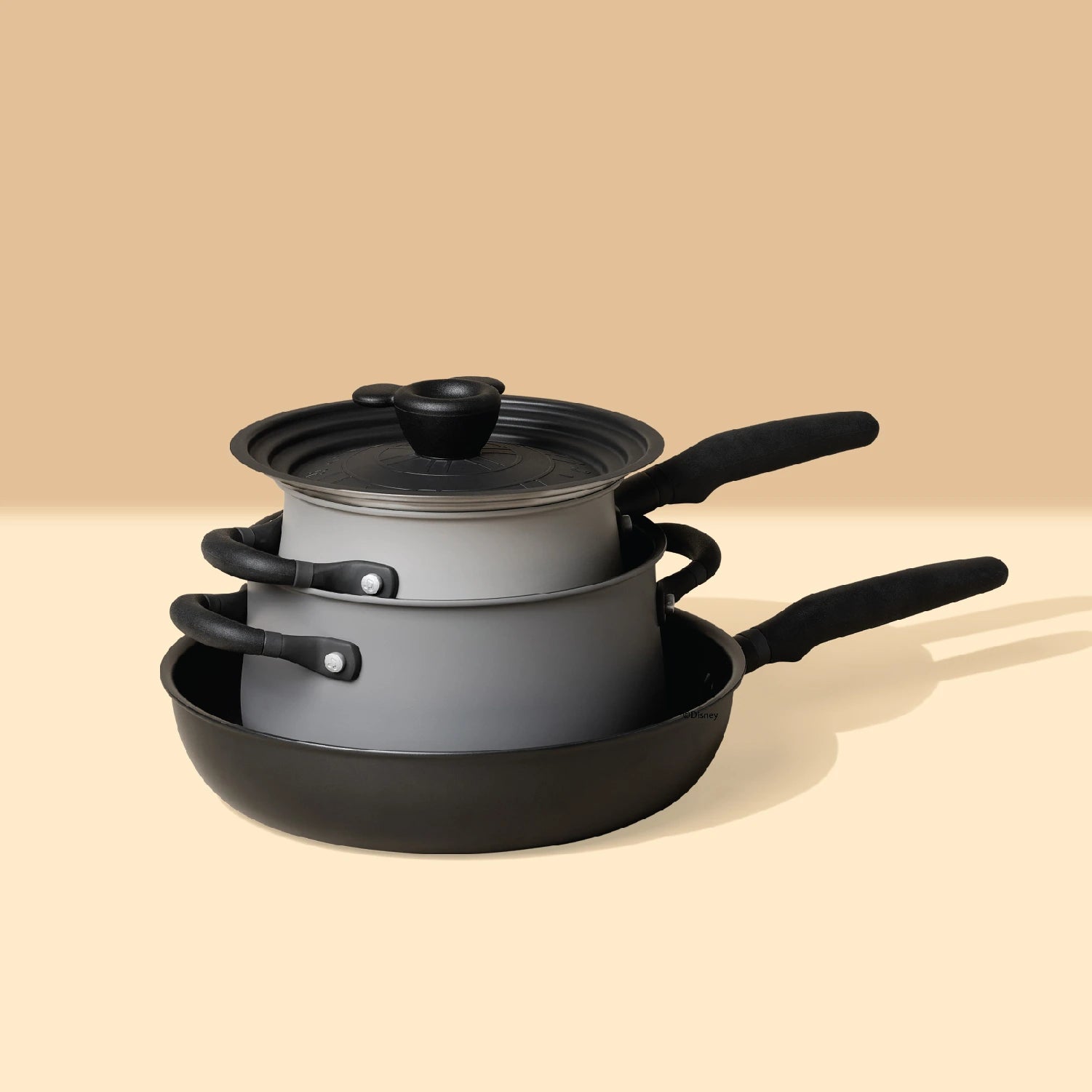Table of Contents
Broccoli boasts a remarkable glycemic advantage with its low glycemic index, making it a valuable addition to a health-conscious diet. This cruciferous vegetable's minimal impact on blood sugar levels is particularly beneficial for individuals aiming to manage diabetes or promote stable blood sugar. Beyond its glycemic advantage, broccoli is a nutritional powerhouse, offering an array of health benefits. Rich in fiber, it supports digestive health and weight management by inducing satiety. Packed with antioxidants, including vitamin C and sulforaphane, broccoli contributes to reducing inflammation and oxidative stress, potentially lowering the risk of chronic diseases. Additionally, its nutrient density supports overall well-being, providing essential vitamins and minerals crucial for immune function, bone health, and cardiovascular well-being. The inclusion of broccoli in a balanced diet underscores its role not only in glycemic control but also in fostering holistic health.
The Glycemic Advantage of Broccoli and Its Health Benefits:
Broccoli, a cruciferous vegetable, offers numerous health benefits, and its low glycemic index (GI) is one of its advantages. The glycemic index measures how quickly a food raises blood sugar levels. Foods with a low GI are absorbed more slowly, resulting in a gradual increase in blood sugar. Here are the glycemic advantages and health benefits of broccoli:
- Low Glycemic Index:
- Broccoli has a low glycemic index, which means it has a minimal impact on blood sugar levels. This is particularly beneficial for individuals managing diabetes or those aiming to stabilize their blood sugar levels.
- Rich in Fiber:
- Broccoli is a good source of dietary fiber, both soluble and insoluble. Fiber helps slow down the digestion and absorption of carbohydrates, contributing to better blood sugar control and promoting a feeling of fullness.
- Nutrient Density:
- Broccoli is nutrient-dense, providing a wide array of vitamins, minerals, and antioxidants. These nutrients play essential roles in overall health, including immune function, bone health, and protection against oxidative stress.
- Antioxidant Properties:
- Broccoli contains antioxidants such as vitamin C, beta-carotene, and various phytonutrients. These antioxidants help combat oxidative stress and inflammation, potentially reducing the risk of chronic diseases.
- Anti-Inflammatory Effects:
- Compounds in broccoli, such as sulforaphane, have anti-inflammatory properties. Chronic inflammation is associated with various health conditions, and including anti-inflammatory foods like broccoli in the diet may have protective effects.
- Heart Health:
- Broccoli may contribute to heart health due to its fiber content, which can help lower cholesterol levels. The presence of sulforaphane may also have positive effects on cardiovascular health.
- Weight Management:
- The fiber content in broccoli, combined with its low-calorie nature, can contribute to weight management by promoting satiety and reducing overall calorie intake.
- Digestive Health:
- The fiber in broccoli supports digestive health by promoting regular bowel movements and maintaining a healthy gut microbiota. This can contribute to a reduced risk of constipation and other digestive issues.
- Cancer Prevention:
- Some studies suggest that the compounds in broccoli, including sulforaphane, may have protective effects against certain types of cancers. These compounds are believed to help neutralize carcinogens and inhibit the growth of cancer cells.
- Bone Health:
- Broccoli is a good source of vitamin K and calcium, both crucial for bone health. Vitamin K plays a role in bone metabolism, while calcium is a key component of bone structure.
- Eye Health:
- The presence of lutein and zeaxanthin in broccoli contributes to eye health by protecting against age-related macular degeneration and oxidative damage.
Broccoli and its Glycemic Advantage:
Broccoli is a green, cruciferous vegetable that belongs to the Brassicaceae family, which also includes cabbage, cauliflower, and Brussels sprouts. It is characterized by its vibrant green color and a distinctive, tree-like structure with tightly clustered florets. Broccoli is a nutrient-dense food, containing vitamins, minerals, antioxidants, and fiber, making it a valuable component of a healthy diet.
The glycemic advantage of broccoli lies in its low glycemic index (GI). The glycemic index is a scale that measures how quickly carbohydrates in a particular food raise blood sugar levels. Foods with a low GI release glucose gradually into the bloodstream, resulting in a slower and more stable increase in blood sugar. Broccoli's low GI is attributed to its fiber content and complex carbohydrates, which are digested and absorbed more slowly.
The low glycemic index of broccoli is particularly advantageous for individuals managing diabetes or those looking to control blood sugar levels. Including broccoli in meals can help contribute to stable blood sugar, providing a nutrient-rich option that supports overall health. Additionally, the fiber content in broccoli contributes to feelings of fullness, making it a valuable component in weight management and promoting satiety.
Best Ways To Use Broccoli:
Here are some of the best ways to use broccoli to reap its nutritional advantages:
- Steamed Broccoli:
- Steaming broccoli is a simple and effective method to retain its nutrients. Steam for a short period to maintain its vibrant green color and crisp texture. Season with a dash of olive oil, lemon juice, and a sprinkle of salt for a light and nutritious side dish.
- Roasted Broccoli:
- Roasting broccoli enhances its flavor and creates a delightful caramelization. Toss broccoli florets with olive oil, garlic, and your favorite herbs, then roast in the oven until they are tender with crispy edges.
- Broccoli Stir-Fry:
- Incorporate broccoli into stir-fries for a quick and nutritious meal. Combine it with colorful vegetables, lean proteins, and a flavorful sauce. Stir-frying retains the crunchiness of broccoli while infusing it with enticing flavors.
- Broccoli Soup:
- Prepare a comforting and nutrient-packed broccoli soup by blending steamed or roasted broccoli with vegetable or chicken broth. Add spices and herbs for extra flavor, and consider incorporating other vegetables for a well-rounded soup.
- Broccoli Salad:
- Create a refreshing broccoli salad by combining raw broccoli florets with ingredients like cherry tomatoes, red onions, and a light vinaigrette dressing. Toss in nuts or seeds for added crunch and nutritional value.
- Broccoli and Cheese:
- Make a delicious and wholesome side dish by steaming broccoli and topping it with a light cheese sauce. Opt for lower-fat cheese varieties to keep the dish healthy.
- Broccoli and Whole Grains:
- Pair broccoli with whole grains like quinoa, brown rice, or farro for a nutritious and filling meal. Add lean protein sources such as grilled chicken or tofu for a balanced and satisfying dish.
- Broccoli Pesto:
- Create a unique twist on traditional pesto by incorporating broccoli. Blend steamed broccoli with garlic, Parmesan cheese, pine nuts, and olive oil for a vibrant and nutritious pesto sauce. Toss it with pasta or use it as a flavorful spread.
- Broccoli Smoothie:
- For a nutrient-packed smoothie, blend broccoli with fruits like banana, berries, and a liquid base such as almond milk. The sweetness of the fruits helps balance the flavor of broccoli, providing a refreshing and healthy beverage.
- Broccoli and Whole-Grain Pizza:
- Top whole-grain pizza crust with tomato sauce, mozzarella cheese, and roasted broccoli for a healthier pizza option. Add other veggies or lean protein to enhance both flavor and nutritional content.










Leave a comment